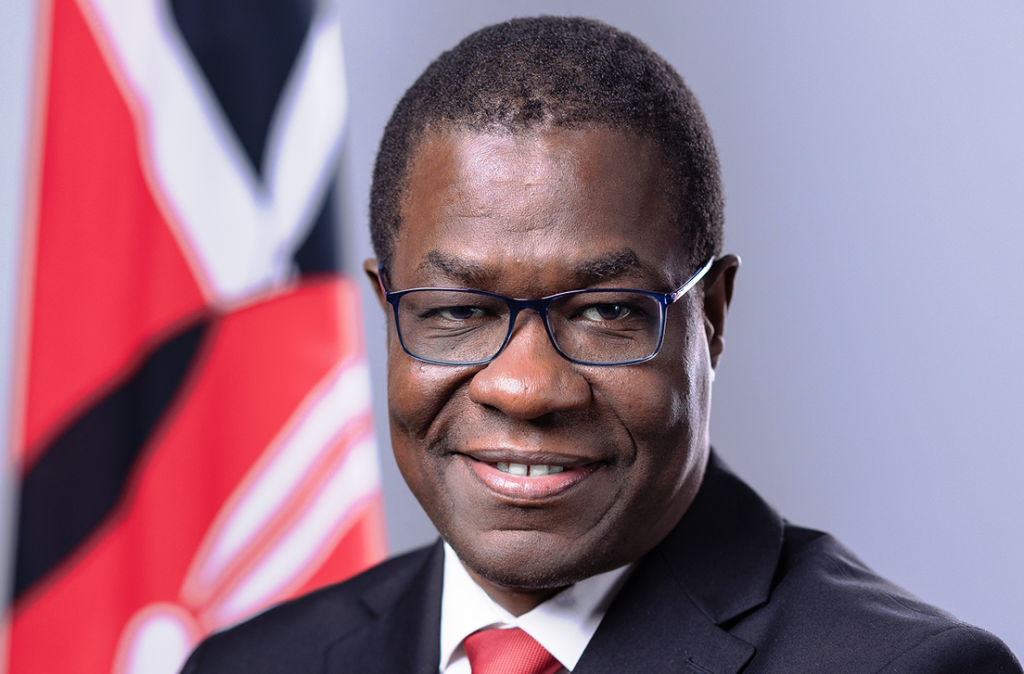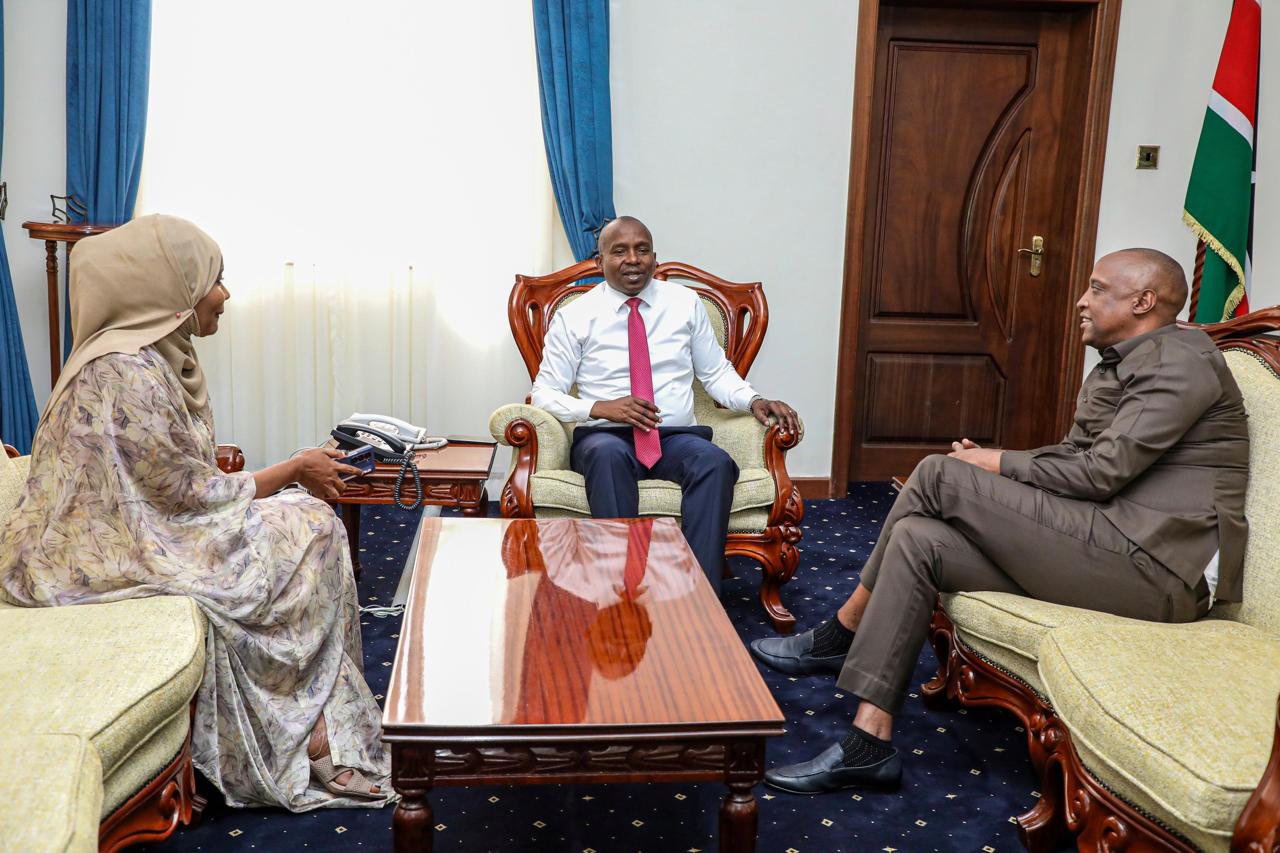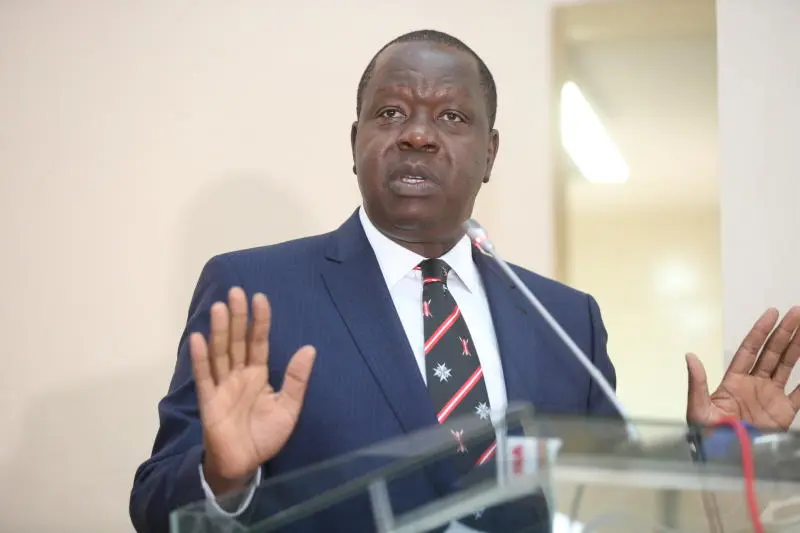The transition from opposition to governance has led ODM Cabinet appointees in President William Ruto’s government to rethink policies they once criticized. Energy and Petroleum CS Opiyo Wandayi and National Treasury CS John Mbadi, now navigating complex Cabinet roles, find themselves reconciling past positions with the demands of their current portfolios.
Opiyo Wandayi’s Energy Policy Shift
Energy and Petroleum Cabinet Secretary Opiyo Wandayi, once vocal about the influence of Private Power Producers (IPPs) in Kenya’s energy sector, has changed his stance. Previously, while serving as National Assembly Minority Leader, Wandayi was a fierce critic, describing IPPs as cartels exploiting Kenyans with inflated energy prices. “The energy sector has been captured by cartels,” he stated during a parliamentary debate, calling them “lethal and dangerous” and urging fellow legislators to “gather the courage to deal with them once and for all.”

Now, as a Cabinet Secretary, Wandayi advocates for engaging IPPs to help boost Kenya’s energy capacity. In a significant reversal, he is pushing to lift a parliamentary moratorium on IPP licenses to enable private sector investment in energy production. “We are pursuing the lifting of the moratorium so that we can resume signing new PPAs [Power Purchase Agreements],” Wandayi remarked recently in Eldama Ravine, Baringo County. He expressed optimism about reaching a resolution, although MPs have resisted, citing a need for safeguards to prevent private investors from exploiting public funds.
John Mbadi’s Balancing Act in Treasury
Meanwhile, National Treasury Cabinet Secretary John Mbadi faces a challenging economic landscape after the Finance Bill 2024, which sought to raise Ksh 346 billion, was scrapped amid protests, especially from younger Kenyans disillusioned with new tax burdens. Previously, as an opposition leader, Mbadi had condemned excessive taxation, arguing that it could stifle consumption and reduce domestic revenue. He warned against over-reliance on taxes, framing them as an unfair burden on Kenyans struggling with a high cost of living.
Now in charge of the Treasury, Mbadi is proposing a new tax regime, including plans to levy VAT on essential goods like bread and milk an idea he once decried as unsustainable for ordinary Kenyans. While the Treasury has invited public input on the Finance Bill 2024, the proposal to increase VAT on daily essentials is proving controversial.
Bridging Past and Present
Wandayi and Mbadi’s shifts illustrate the complexities of governance and the pragmatic adjustments that sometimes accompany the transition from opposition to executive roles. Their changing perspectives offer a glimpse into the pressures of implementing policies that balance economic realities with public expectations, especially as ODM figures attempt to contribute to Ruto’s broad-based government. These adaptations underscore the challenges leaders face when ideals collide with the practicalities of governance.





